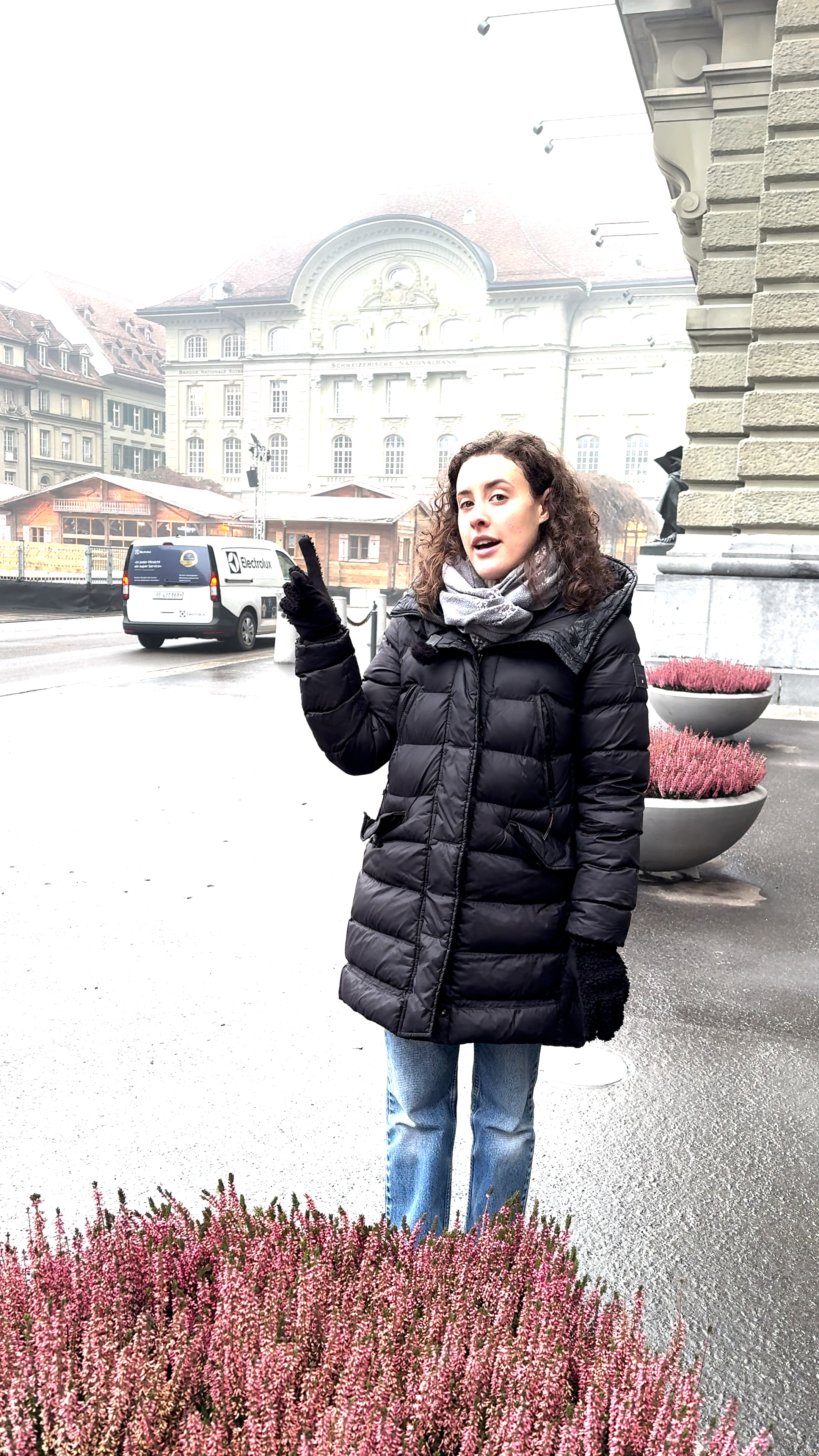
Nimbus covid variant reaches Switzerland

A new variant of coronavirus, called Nimbus, is currently spreading worldwide and is also on the rise in Switzerland.
+Get the most important news from Switzerland in your inbox
Nimbus will not be more dangerous than previous variants, but experts warn of a summer wave.
Systematic testing for coronavirus has not been carried out in Switzerland for some time. However, experts commissioned by the federal government are still closely monitoring the virus’s activity. Thanks to samples from wastewater treatment plants, they are gaining a fairly accurate picture of how frequently the virus occurs.
Overall, wastewater monitoring is very helpful, says Niko Beerenwinkel, a professor of bioinformatics at the University of Basel. “In principle, you can actually detect new variants in wastewater very quickly,” says Beerenwinkel. However, this task becomes challenging when new virus variants emerge. Initially, the traces cannot be identified. This has happened in recent weeks.
“We can see from the wastewater data that this variant first appeared around the beginning of May and has been reliably detected in all six wastewater treatment plants we monitor in Switzerland since mid-May,” says Beerenwinkel. It’s also clear that the new variant is now indeed increasing in frequency significantly. “We expect it to become dominant in Switzerland in one or two months.”
It’s now clear that this is the so-called Nimbus variant of the coronavirus, which is also on the rise elsewhere in the world. This is one of the reasons why Nimbus is being specifically monitored by the World Health Organization as one of six variants currently under surveillance.
This isn’t yet cause for concern for healthy people. Virologist Isabella Eckerle told SRF that she has no indication that the virus will have different characteristics than previous variants. However, because there have been relatively few infections with the virus in the past six months, it is quite conceivable that there will be an unpleasant summer wave of infections in the coming weeks.
Adapted from German by DeepL/mga
We select the most relevant news for an international audience and use automatic translation tools to translate them into English. A journalist then reviews the translation for clarity and accuracy before publication.
Providing you with automatically translated news gives us the time to write more in-depth articles. The news stories we select have been written and carefully fact-checked by an external editorial team from news agencies such as Bloomberg or Keystone.
If you have any questions about how we work, write to us at english@swissinfo.ch

In compliance with the JTI standards
More: SWI swissinfo.ch certified by the Journalism Trust Initiative






























You can find an overview of ongoing debates with our journalists here . Please join us!
If you want to start a conversation about a topic raised in this article or want to report factual errors, email us at english@swissinfo.ch.